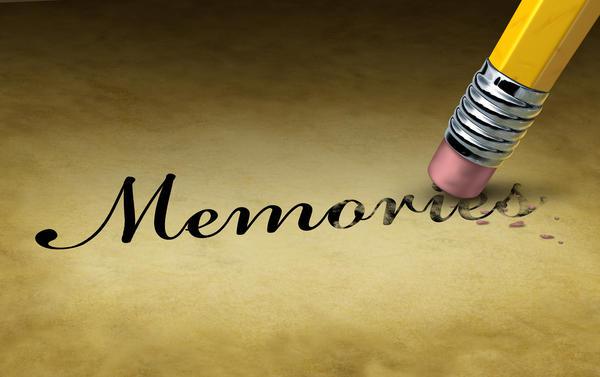What Have You Done For Me Lately?
It never fails. At first we feel gratitude for gifts and blessings, but memory fades and gratitude drains. We’re not ingrates, but recall and attention are limited: life naturally gets in the way.
Forgetfulness is the human condition: let’s call it spiritual amnesia. For most of us living workaday lives, spirituality isn’t what drives us while sitting in traffic late for a meeting, or on line in a crowded market. The divine spark that Judaism associates with each soul, the unifying Oneness we call God and the blessings that abound all around seem to hide in plain sight. We don’t see, so we forget.
Here’s a reminder to my fellow amnesiacs: spiritual amnesia is a natural part of life, but so is remembrance. Spiritual life, in every form, prods us to remember (Hebrew: zachor) – literally re-member, bring back to mind – then live in ethical and caring ways inspired by what we remember.
Our challenge is that forgetting is like a black hole, cloaked in its own darkness. Much like a black hole’s gravity absorbs visible proof of its existence, so too spiritual amnesia. When we forget, often we forget that we forget. Pulled by the gravity of routine and need, gratitude fades. Sucked into a vortex of distraction and overload, we forget our spiritual core. In spiritual amnesia, if we think of God or spirituality at all, we might not see or remember. It becomes natural then to ask, “What have You done for me lately?”
In this week’s Torah portion (Beshallach), miraculously the sea split, fleeing slaves crossed on dry land, Egypt was left behind and Israel went free. So awesome was the passage that the “lowliest handmaiden” achieved spiritual heights unattainable by the greatest prophets. Awe should have hard-wired gratitude forever, but just three verses later, amnesia set in. They grumbled (Ex. 15:24), lamented leaving Egypt (Ex. 16:3) and defied their liberator (Ex. 17:2) – symptoms of raging spiritual amnesia: “What have You done for me lately?”
It’s telling that Torah tells that story immediately after liberation. Forgetting is so human that to depict liberation idyllically, without the later amnesia and ingratitude, would be a lie. Liberationis the story of forgetting and remembering anew. It’s why Jewish liturgy tells this story twice daily. It’s why Jews tell this story annually at Passover. It’s why Jews are to tell this story as if each of us personally came up from Egypt.
One Biblical treatment for spiritual amnesia was visual. In this week’s Beshallach, we filled a jar with manna and displayed it to remember the miracle of food in the desert (Ex. 16:33). In a later portion of a similar name (Shlach), we tied a blue fringe on garments, “to look at it and remember” (Num. 15:39). Time evolved other mnemonics. Shabbat is to “remember” (Ex. 20:8). Yizkor is named for it. Jewish mitzvot are connectors for spiritual recall. Maggidut(spiritual storytelling), hitbodedut (speaking alone to God), hitbonenut (a Jewish meditation form), hashpa’ah (spiritual direction), sacred chant (what Sufis call zikr, like the Hebrew zachor, “remember”) – all seek to jog spiritual memory. All can help answer the amnesiac’s timeless question, “What have You done for me lately?”
Beshallach teaches that spiritual amnesia isn’t failure but an inherent part of liberation’s journey. Just as our ancestors forgot and received new chances, so can we: every day is another chance. We have tools for remembering, and we can help each other use them: as Talmud puts it, none can free oneself from prison (Berakhot 5b). Joining together in these ways, we can help break free and uplift spiritual amnesia into spiritual renewal.
R’ David Evan Markus






 Evan J. Krame was ordained as a rabbi by the
Evan J. Krame was ordained as a rabbi by the